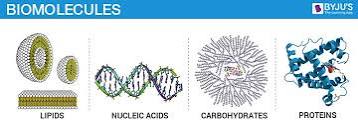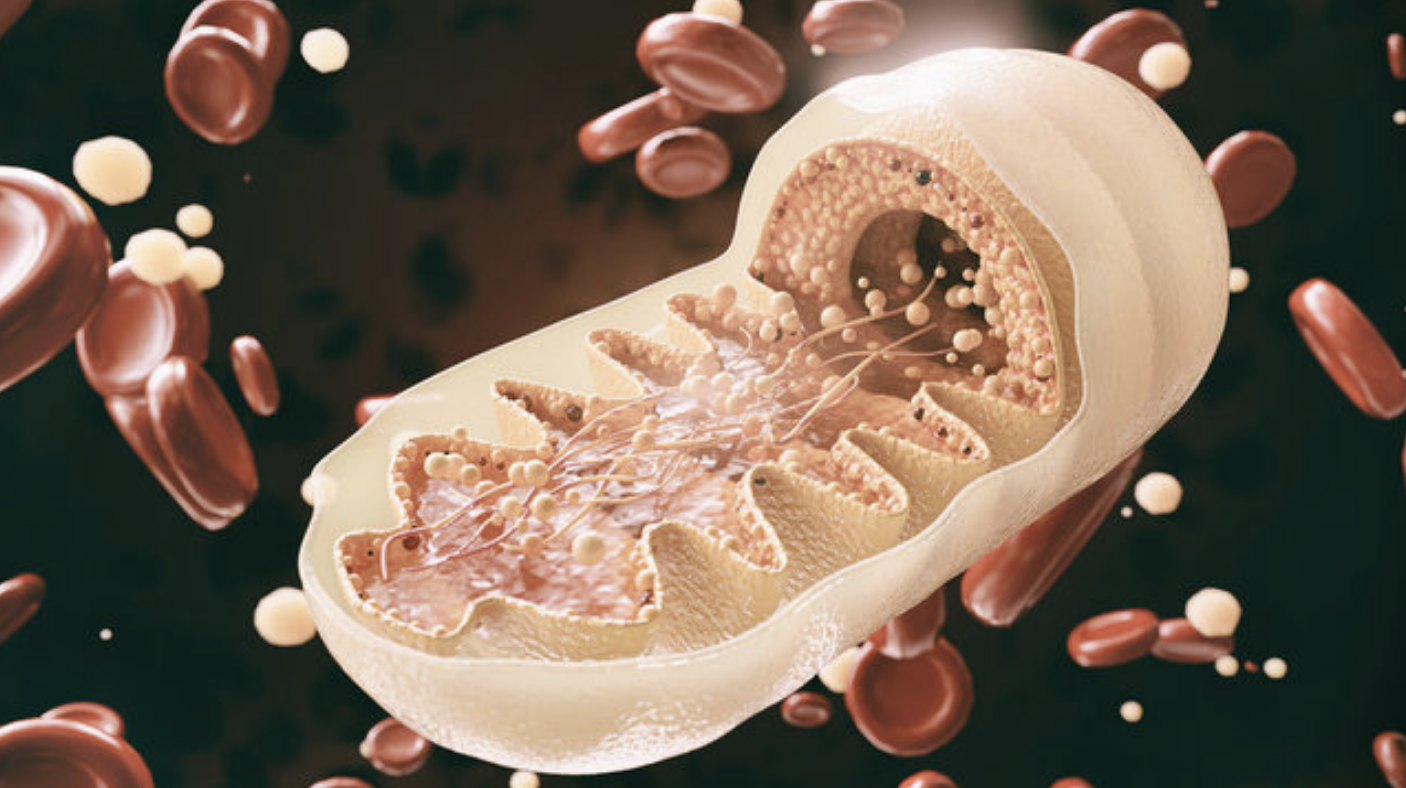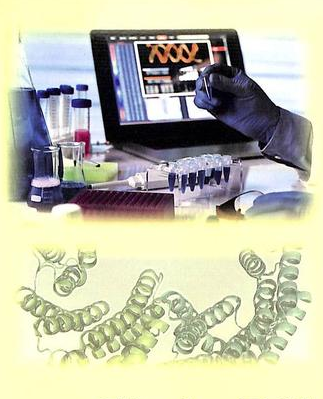Objective of the course: To familiarize the students with the building blocks of living matter, the biomolecules, their structure, components, reactions, their derivatives, biological significance and the basic tests to identify them.
Course outcome: Student will be able to
- Classify and characterize different types of biomolecules like carbohydrates, lipids, amino acids, proteins, nucleic acids and hormones.

- Teacher: Dr Vinod BS
Objective of the Course: To familiarize the students with the building blocks of living matter, biomolecules, their structure, components, reactions, derivatives, biological significance and the basic tests to identify them.
Course Outcome: Student will be able to
- Explain the composition of living matter
- Discuss the monomeric subunits, function and chemical reactions of macromolecules.
- Classify enzymes and describe functions of enzymes
- Relate the parameters associated with enzyme activity

- Teacher: Dr Vinod BS
Objective of the course: The course aims at providing an overview of energy production by explaining the general principles of cellular energy metabolism and schematizing the different metabolic pathways.
Course outcome: Student will be able to
- Describe digestion and absorption of carbohydrates, lipids and proteins.
- Elaborate the reactions & regulations involved in carbohydrate, lipid & amino acid metabolism.
- Explain the genetic aspects of metabolism.

- Teacher: Dr Vinod BS
Objective of the course: The course aims at providing an overview of energy production by explaining the general principles of cellular energy metabolism and schematizing the different metabolic pathways.
Course outcome:
List out the steps involved in digestion and absorption of nutrients.
Describe the metabolism of biomolecules and regulatory mechanisms involved.
Correlate between energy molecules, reducing equivalents and metabolic pathways.
Explain central dogma of life and gene expression in prokaryotes.

- Teacher: Dr Vinod BS
Objective of the course:
To introduce the students with the basics of enzymology, such as classification, types of inhibition, regulation, coenzymes and an introduction to bioenergetics.
Course outcome: Student will be able to
- Classify enzymes and describe the factors affecting an enzyme catalyzed reaction
- Describe different types of enzyme inhibition.
- Elaborate on the role of vitamins in human nutrition.
- Elicit different pathways and mechanism of energy production in carbohydrate metabolism.

- Teacher: Dr Vinod BS
Objectives of the course: The course is intended to introduce the student to the basics of physiological aspects of biochemistry and to familiarize the students with the basics of human nutrition.
Course outcome: Student will be able to
- Describe the composition of blood, production of blood cells and mechanisms of blood clotting.
- Explain the correlation between food, energy requirements, and related disorders.
- Write the contribution of minerals, trace elements and biochemical functions of vitamins
- Detail various organ function tests and the detoxification mechanism in the body.
- Illustrate basic concepts of food adulteration.

- Teacher: Dr Vinod BS
Objective of the course: To enable students to understand the basic concepts of acid, bases and colloidal systems and its importance in biological system and understanding the principle of different techniques used in the study of Biochemistry.
Course outcome: Student will be able to
- Gain knowledge about the preparation of different types of solutions and buffers
- Identify different types of bonds in biomolecules.
- Explain different biochemical separation techniques.

- Teacher: Dr Vinod BS
Physical aspects of Biochemistry or Biophysical Chemistry is a Complementary course for First Semester UG students of Biotechnology, Botany and Zoology
Objective of the course: To give basic awareness about the concepts and physical aspects in biochemistry and to develop analytical skills in students in order to prepare them to use instruments.
Course outcome: Student will be able to
Discuss the significance of pH in biological system.
Prepare solutions of different concentration and pH.
Describe the principles, theory, protocol and calculations of biochemical techniques.
List out the importance of bonding and spatial arrangements in biomolecules.

- Teacher: Dr Vinod BS
